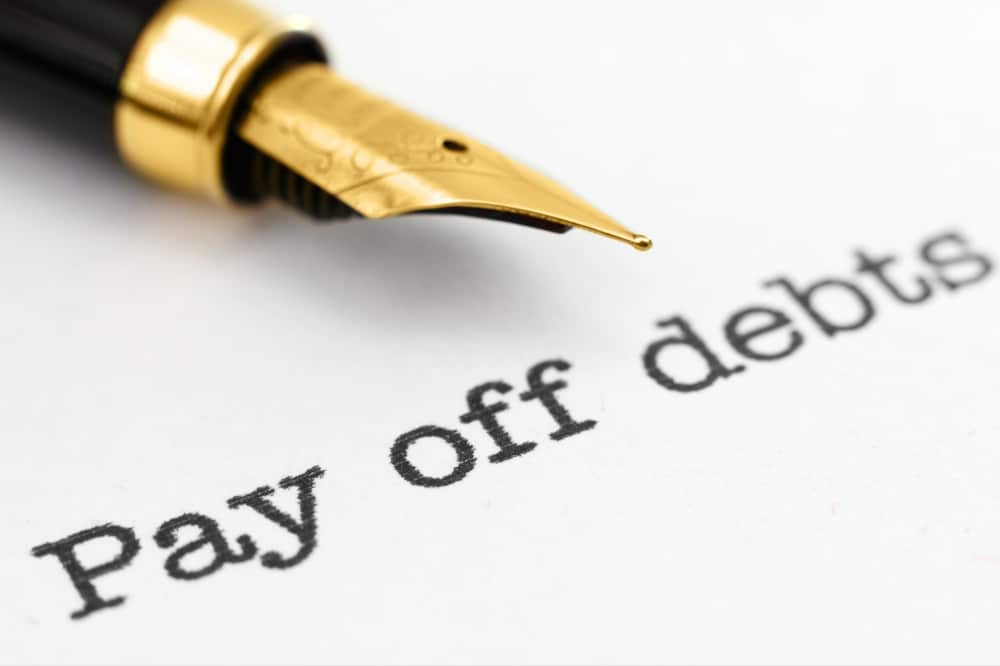Clearing your debts is vital, but your credit score may lower when you clear debt. This happens because your credit score is calculated by various factors, which include clearing your debts.
Some benefits of paying off your debt might increase your credit score. For example, when your debt has a high-interest rate, the amount you owe will increase. In this case, you must pay off your debt in order to save money and improve your credit score.
In this post, we discuss the reasons for the credit score going down after clearing your debts and what that means if you want to apply for a new loan.
Why Should You Increase Your Credit Score?
If you have a low credit score, you will experience alarming side effects including:
- A poor credit score will not qualify you for loans if you are planning to buy a home or make improvements to your home.
- When you are planning to rent a house or qualify for an apartment, your credit score plays a vital role and you will not qualify for an apartment if you don’t have an average credit score of 700.
- A deposit charge is one of the major challenges when you buy utilities and a lower credit score makes utility companies charge you for deposits.
A credit score has a great impact on your financial life despite these reasons and having a good credit score will help you balance your financial life.
What is a Good Credit Score?
Your credit report has a calculation of your credit score. If you have a credit score above 580, then it is not a bad score. If your credit score is more than 700, it is an ideal credit score and you will have an exceptional payment history to show to lenders.
While credit score requirements differ from one lender to another, it is difficult to qualify for a loan if you have a credit score of less than 500.
Reasons for Credit Score Going Down After Clearing Your Debts
There are various reasons for credit scores going down after clearing your debts, but clearing debts might be one of the reasons for your credit score to go down, and we detailed the reasons why this happens below:
1. Average Account Age got Decreased
When you close your old account by clearing all of your debt, then the average age of your account will go down and it takes a hit on your credit score.
Your credit report will carry these closed account details for seven to ten years.
It takes time to increase credit history and average account age. So, your credit score temporarily goes down after clearing debts.
2. Only a Few Types of Credit Available
Another factor for your credit score to lower is that you have limited types of credit. The three major credit bureaus (Experian, Equifax, and TransUnion) will check your credit history if you are financially responsible for using different types of credit.
In some cases, such as closing any of your active credit cards, your credit mix will now have a few varieties and this will surely lower your credit score.
This doesn’t mean that you should have as many credit cards as possible, it means you should use the different types of credit when you need it. But remember to pay them on time, because your score will improve.
3. Increase in Credit Utilization Ratio
The next factor that affects your credit score is the credit utilization ratio, which depends on your revolving credit. Your credit utilization ratio should always be less than 30%.
When you close your account by clearing your debt, the utilization ratio rises and leads to a drop in your credit score.
It’s best to not close your unused older accounts unless you find a good reason to do so.
4. Errors in your Accounts
Errors in your accounts will lower your credit score even after clearing your debt.
In this situation, there is faulty information from either the lender or the credit bureaus. When you check the credit report, make sure that your paid debt is updated on the credit report but you must be careful when updating the financial details.
5. In case of Inquiries
Whenever you apply for a loan, the lender looks at your credit history before approving your loan. This is a hard inquiry.
A hard inquiry will stay on your credit report for some time and it will hurt your credit score.
A soft inquiry is viewing your credit report yourself, which stays on your credit report but does not affect your credit score.
Suggested Reading:
- Guide for Adding Credit Tradelines to Your Credit Report
- Should I Use a Credit Repair Service?
- The Truth About Cheap Credit Repair Scams
Does Paying off a Loan Help Credit?
Your credit score doesn’t go up if you pay your loan off but there are a few reasons why paying off your loan helps you increase your credit score. If you have a positive payment history in your open account, then it will increase your credit score.
Paying your loan earlier is one of the ways to increase your credit score in open accounts. Having an open account with earlier payment history will benefit you more than a closed account.
Do you need to apply for a new Loan?
You might wonder what to do when your credit score lowers after clearing debts and then choosing to apply for a new loan. The new loan that you apply for will help boost your credit score for a certain period of time.
When you close a loan that has a long credit history, then the new loan account will not help raise your credit score because a new loan account will not provide you with this long credit history.
Paying off your loans and applying for a new one will show some improvement in your score, but it also lowers your score because your scores improve when you have a credit mix.
For example, when you leave credit cards alone after completing your car loan, then you can apply for different types of loans to maintain your credit score.
Conclusion
Clearing all of your debt is not a wise decision when you have a long credit history because it temporarily lowers your credit score.
Once a year, you must take a look at your credit reports for any errors because any incorrect negative items will damage your credit score even after clearing your debts.
You must also check if your credit report includes the paid-off debt because it lowers your credit score if it is not. Do you want to know more about your credit score and report? Credit Pros will help you learn about credit score points and educate you on your credit history. Click here to get started!
Frequently Asked Questions
How quickly does your credit score change after paying off debt?
You will see your credit score improve in one or two months after you clear off your debts. Your credit score will lower at the beginning of the time frame when you pay off your debts.
How long does it take for my credit score to update after paying off debt?
It will take one to two months to update your credit score, and has a temporary effect on your credit score.
How much will my credit score increase if I pay off collections?
Your score will not improve when you pay off your collections because negative items stay on your credit report for seven to ten years. Your score will not increase until you remove the negative items by contacting the three major credit bureaus.
Is it worth paying off debt early?
By paying off your debt early, you will save money because you won’t pay interest.
When you pay off your personal loans, lenders consider it a closed account and it will stay on your credit report for 10 years. It improves your credit score, but not like how it was before it was in an open account.
Why does your credit score drop when you pay off debt?
The credit goes down if you pay off the debt as the credit utilization rate goes up and that is why your credit score decreases after you pay your debt off.


